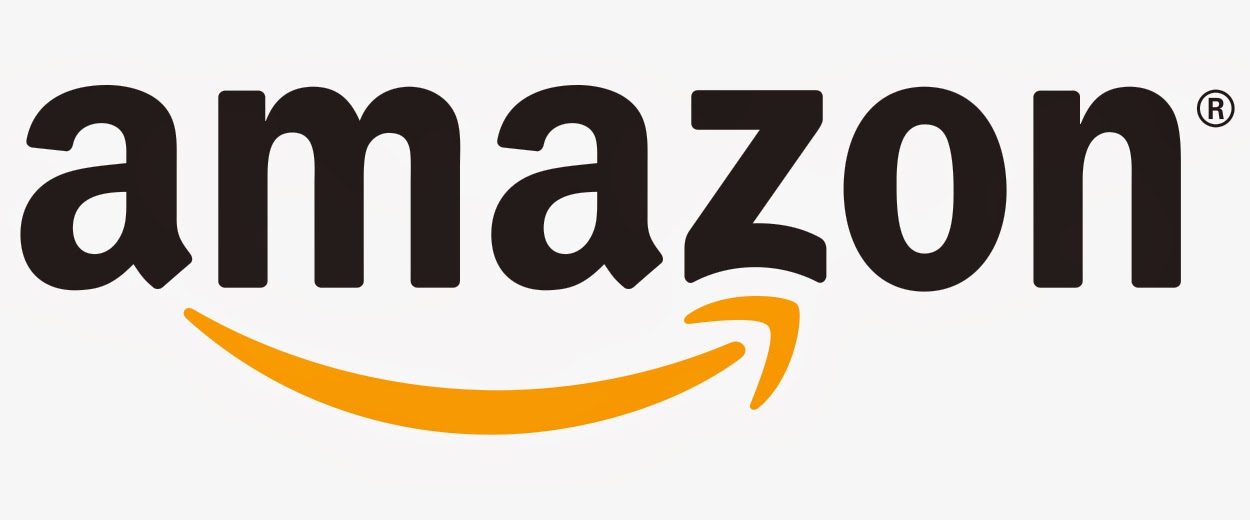Amazon wants to ship stuff to you before you buy it.
When I first saw this (on NPR Books and The Verge), I thought, “No way. This must be from The Onion or Jon Stewart or something like that. It’s got to be a joke.” I mean, seriously?
Turns out, it’s absolutely true. Amazon has actually patented a “Method and system for anticipatory package shipping”. The idea is to make a sales prediction, package the item, and ship it to a geographical destination. The physical address of the person ordering the item would be added en route, after s/he actually clicks “Buy”.
I got to thinking about it, and this actually makes a certain amount of sense. Amazon has a huge amount of date on what people buy and where they have it shipped. They can use that data to make predictions about who will buy what, at least on the general level.
Here’s how it might work, based on the patent: Using data from previous sales, Amazon predicts it can probably sell 1000 of Stephen King’s newest novel in the Burlington VT area within the first week of publication. (To avoid having too many unwanted copies circulating, maybe Amazon reduces that figure by 10 percent.) Amazon sends 900 copies of the book, each individually packaged and labeled with a unique identifier, to the “selected destination geographical area” — in this case, Burlington, VT. As the orders come in, the name and address to which each package should be shipped is sent, along with the unique identifier, to wherever the package is in the shipping stream. A label is slapped on the right package, and pfft! it heads off to the customer. Since it was already in transit when it was purchased, it may arrive within a day instead of two or three — possibly even on the same day, if the order is placed early enough in the morning.
 |
| Diagram from Amazon’s anticipatory shipping patent |
It’s not just new releases that could benefit from anticipatory shipping. Amazon’s sales data and customer information are good enough that they can probably predict how many of just about anything they’re likely to sell in a particular region in a given time frame.
There’s a certain amount of infrastructure that would need to be put in place. The shipping-and-delivery carrier would need to have excellent tracking capabilities as well as machines to to print customer-name-and-address labels almost anywhere along the route. But the proposal is certainly feasible, provided Amazon (A) can partner with a suitable carrier and (B) is willing to risk that some items will have to be sent back to Amazon undelivered. And the whole concept is very much in line with Amazon’s focus on getting the customer’s order to them faster — as witnessed by 2-day Prime shipping, their experiments with Sunday delivery, and their recent interest in drones.
Amazon has never been slow to implement a new idea if it seems likely to increase customer satisfaction and boost sales, and this approach will probably do both. Now that the patent has been granted, I expect to see Amazon using this system within a few years — maybe sooner.





































Herding Cats - Burning Soup
Hmm interesting idea and definitely makes some sense. I wouldn’t be their target with this I never buy just one I do multiples in a box usually. But their shipping has never been slow for me. Like that they’re trying new things and thinking of the future. Always good to see.
Lark @ The Bookwyrm's Hoard
They’ve never been shy when it comes to innovation. I might be their target with some authors, but probably not with most of my purchases.
kimbacaffeinate
Oh this is cool and heck yes I am totally predictable with my must reads.
Lark @ The Bookwyrm's Hoard
Of course, I’m starting to buy some stuff on Kindle now, so no delivery needed! Still, there are a few authors I will always buy when the new hardcover comes out. So yes, I can see them making use of this with me.
Bea
I don’t buy many physical products from them but this is interesting. I’m curious to see how it pans out.
Lark @ The Bookwyrm's Hoard
Me too!
Pamela D
This is very interesting. I would not be their target customer with this though. My husband on the other hand would be perfect for this. 🙂 He is pretty regular with his D&D book purchasing. 🙂
Lark @ The Bookwyrm's Hoard
You’re right; your husband is exactly the sort of customer they will be looking at for this program: someone whose buying habits are very predictable. But it does seem as though they’ll be doing as much or more general geographic prediction than customer-specific prediction.
Rachel Bradford
Personally, I’m a fan of Barnes and Noble (sorry – had to plug), but I think this is an interesting idea. Potentially dangerous of they misplan, though. But I’m sure they’re doing some mad optimization and it will all work out in the end. Kind of scary that they have enough information to predict what someone like me would buy, though!
Lark @ The Bookwyrm's Hoard
I like B&N, too, but until recently, we didn’t have one in our town (they’ve since moved into the old Borders). Since Amazon was almost always cheaper online than B&N online, I got used to ordering through Amazon.
As for information, I suspect B&N has, or potentially could have, as much info on your buying habits. But (no offense) I don’t think they are as innovative as Amazon. Don’t get me wrong; I do worry about the behemoth Amazon has become. (It’s why I put off going over to Kindle for so long.) But I can’t deny that they are innovative and that a lot of their innovation has been very successful.